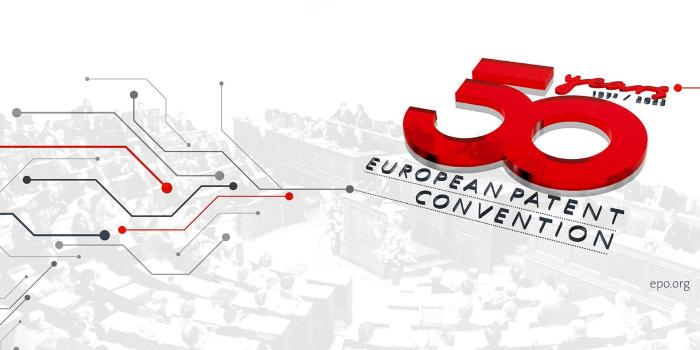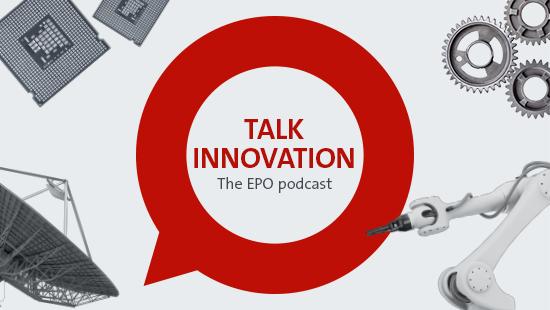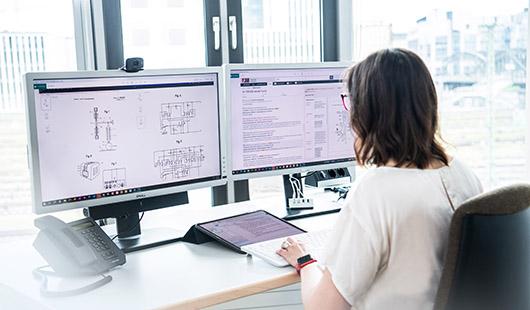Press centre
Search press releases
Press Contact
Videos
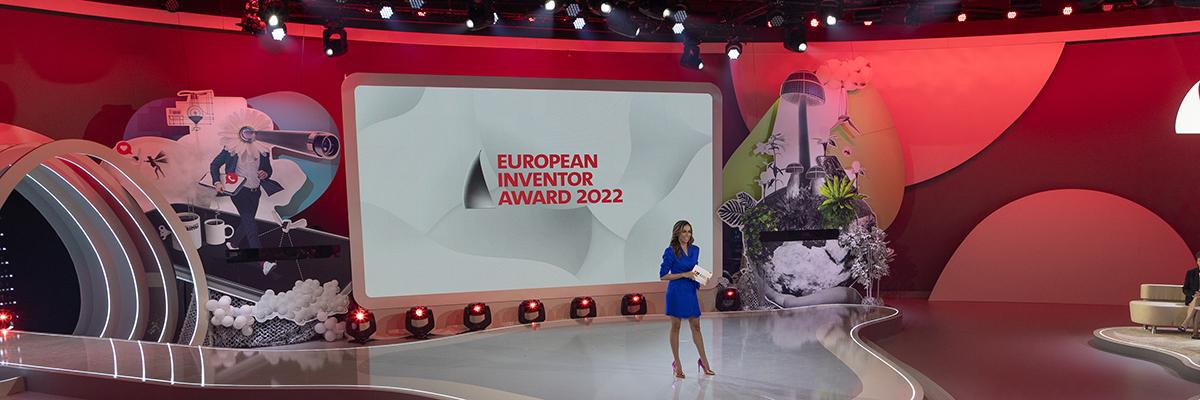
European Inventor Award 2023
Visit our Award section to download videos on the 2023 finalists

Patent statistics and trends
Watch our videos showing the latest data & research on patents and innovation
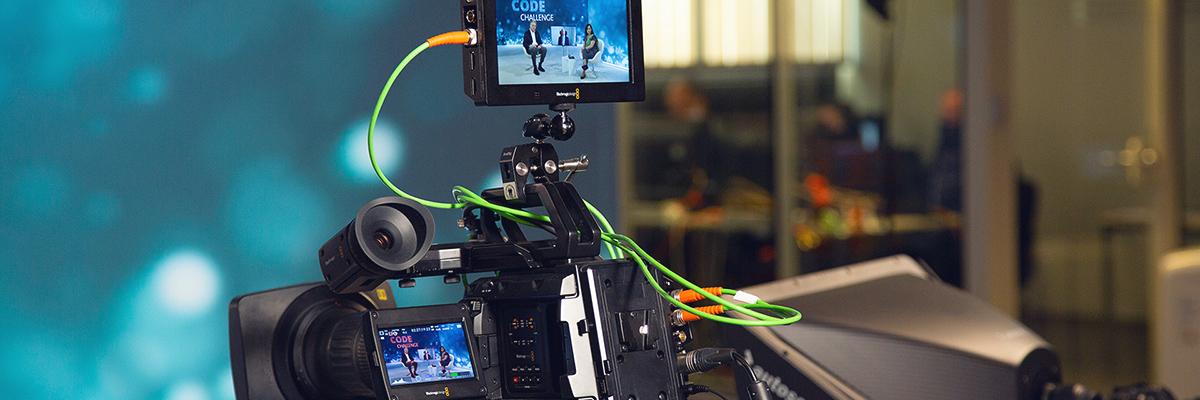
Looking for other videos?
Browse our collection of films about the office and inventors on YouTube.
Photos
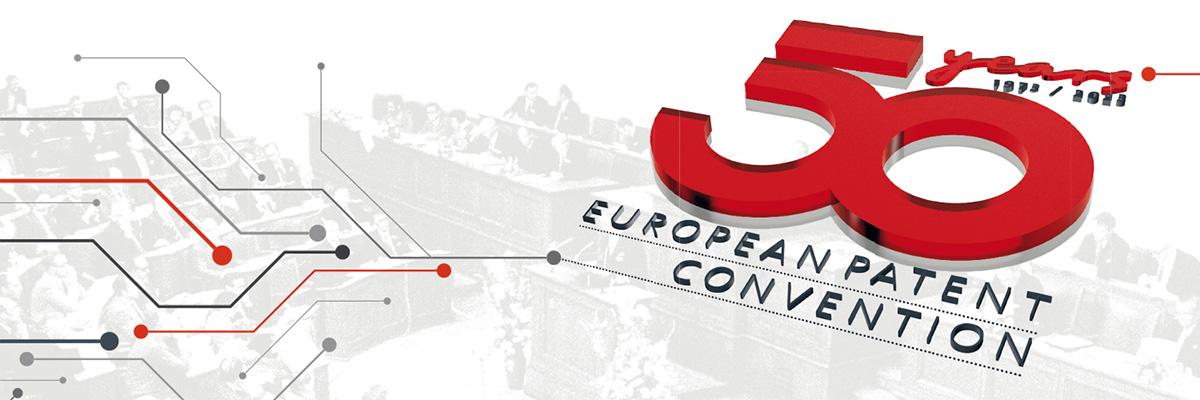
50 years European Patent Convention
Download photos of the 50th anniversary event on 5 October
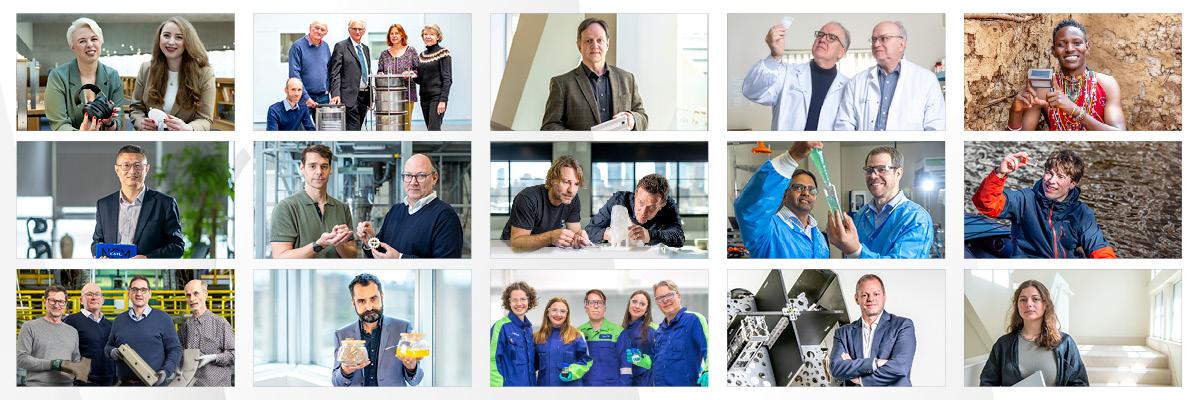
European Inventor Award 2023
Download photos of the Award finalists and ceremony

EPO President
Download photos of EPO President António Campinos

EPO management
Download photos of the EPO’s management committee
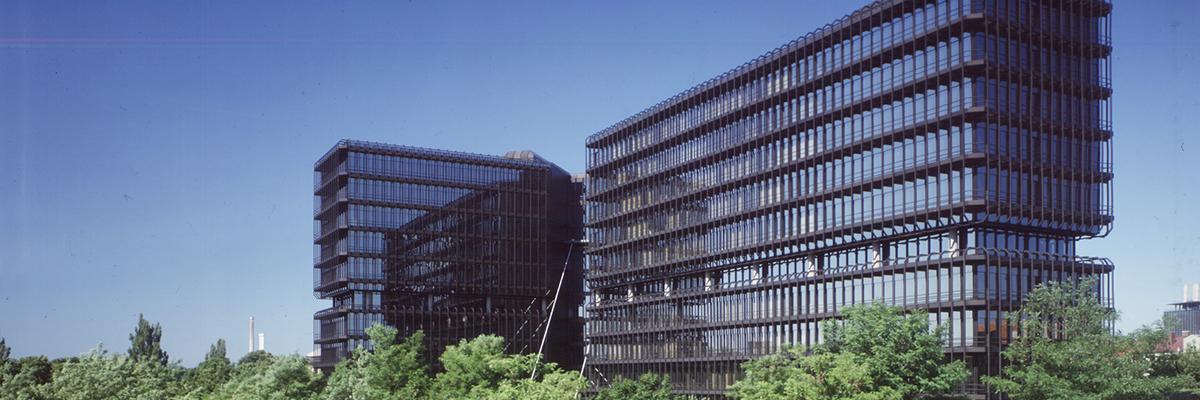
EPO headquarters in Munich
Download photos of our Munich headquarters

Other EPO buildings
Download photos of our other buildings

Scenes from the EPO
A collection of photos from around the office
Graphs and infographics

Patent Index 2023
A collection of charts from the latest Patent Index
More press resources
Featured topics
Email alert service
Get press releases delivered directly to your inbox
Subscribe


